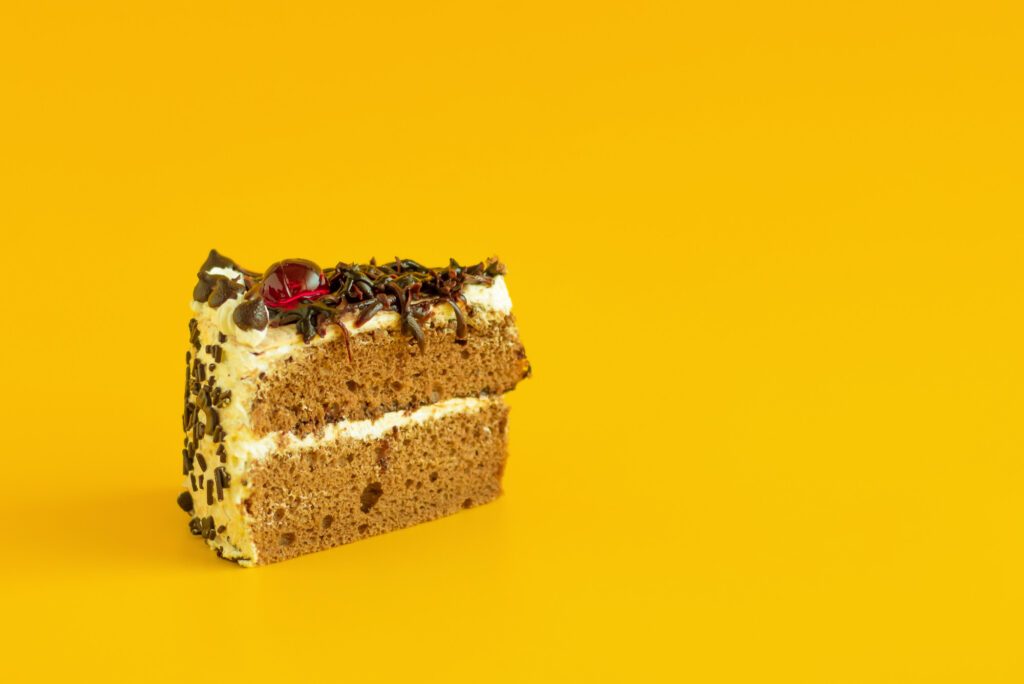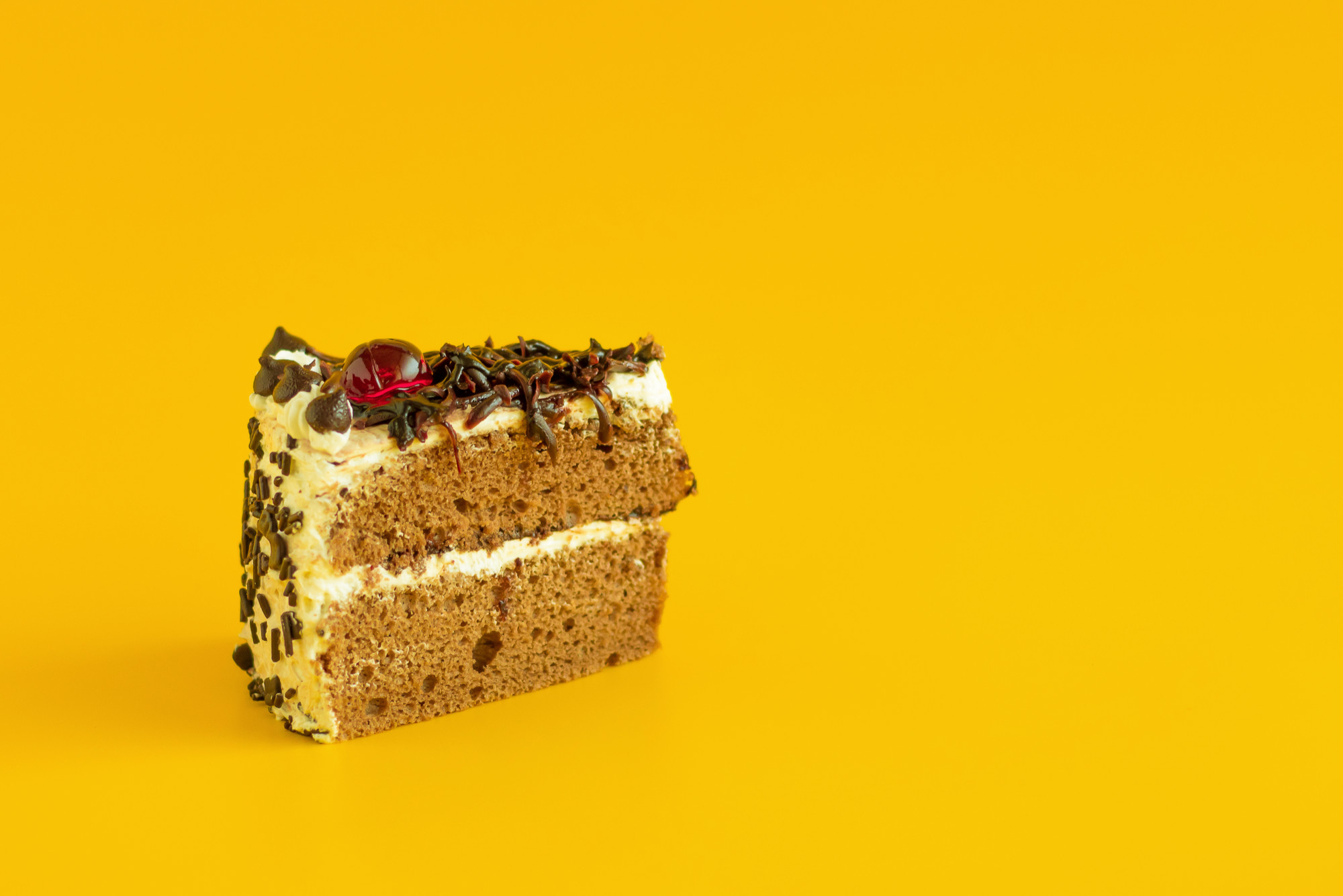

Revision might not be your idea of a sweet treat but, with the right ingredients, it is the recipe for success.
Never one to shy away from a good metaphor (or a slab of gateaux) National Cake day is surely the best time to bake in a bit of revision thinking.
Many students struggle with revision activities and often default to the same ones, time and time again. But each studying approach has its own particular benefits, and knowing when to use them – and for what purpose – can make a huge difference.
There are – in my humble opinion – three critical components to a cake. And they match the three building blocks of your revision.
We start with our sponge. This is critical. If you don’t have a sponge layer, you’ve got a mess. Or a blancmange. Similarly if you can’t remember the facts you’ve been taught you are not prepared for your exams. This is where the majority of revision effort should probably be focused.
We’re looking for active recall, so that you can call on the bits of data that make up knowledge. If you don’t have this, you’ll simply be guessing in the exams.
The next most important thing in a cake: the filling. This is the jammy – or creamy – bit that holds the sponge layers together. But more than that, if makes the cake a bit more interesting.
As we follow the analogy, this is where we link those separate bits of knowledge together. And mostly the exams won’t be tick box, multiple choice. Understanding the connections is key. It’s how you can talk about the relationship between Macbeth and the Witches, or the similarities and differences between plant and animal cells.
To bring everything together, ready to dazzle and amaze, we need our icing. It’s be showy bit. Whether it’s a showstopper or simple, this is the presentation.
For us, it’s all about how we apply our knowledge and connections for the exams – in a way that demonstrates we know the stuff. Critically this is about knowing what’s required in a paper. But it’s about about how we approach the exam.
Teachers will spend a lot of time talking through the papers – certainly as the exams get closer. If a question says “explain” you need to do one thing. If it says “describe” you do something else. They will also be setting out the components of an answer. For example PEDAL paragraphs. This is an element of playing the game. Of showing the examiner that you know what is required.
Finally, a key aspect of technique is managing your time in exam conditions. If you haven’t sat public exams before, you’ll be surprised by how quickly the time goes. That’s why it’s so important to have a plan in mind. You don’t want to find that you’ve spent 20 minutes on a 2 mark question, and don’t have enough left for the final 20 marker. This is what the mock exams are all about. Feeling – and getting used to – the pressure of the exam, and how to manage it.
These components of revision build, just as the do on a cake. Get your knowledge in check first. That’s your solid foundation. If you can’t recall the data, you can’t make the kind of connections that a question will ask. And if you can’t do that, no amount of past papers or mock exams is going to help.
When you think about the areas you need to focus on, you can build a great plan to manage your time. Maximising your efficiency, and giving yourself the best chance in your exams. When you’ve got everything right you should be leaving the exam hall with a smile on your face. As if you’d just had a scrumptious lump of chocolate fudge cake!
* The author accepts the argument that other styles of cake exist. And yes, I do agree that a cheesecake is a cake, even without sponge. But it doesn’t suit the metaphor 🙂

Our GCSE and A Level bundles contain everything you need to manage revision, straight out of the box. All tailored to the exact courses you need.